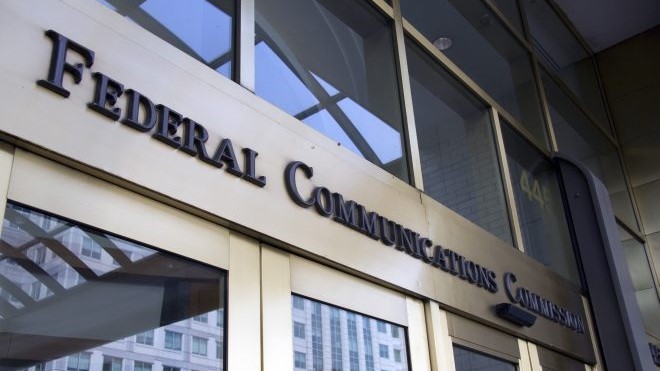TV Affiliates Want FCC to Reexamine OTT Regulation
Specifically, a proposal first discussed in 2014

WASHINGTON—The affiliate groups of the four major TV networks want the FCC to take a fresh look at OTT regulations that were first proposed in 2014.
This comes from a summary of a teleconference that representatives from ABC, CBS, Fox and NBC affiliate groups had with FCC Chairman Ajit Pai had last week, during which they discussed the current state of the video marketplace.
The affiliates detailed how traditional MVPDs have been greatly impacted by the COVID-19 pandemic, which is compounding previously present challenges with “increasing competition for advertising dollars … increasing concentration in the national programming distribution business and the rapidly developing trend toward streaming of video content,” the summary reads.
They requested that the FCC reevaluate proceedings dealing with virtual MVPDs that had been pending since first voted on in 2014. The regulations were crafted as a Notice of Proposed Rulemaking by then FCC Chairman Tom Wheeler and would define some OTT providers as MVPDs. This was supposed to offer these OTT providers the same FCC-enforced access to vertically integrated programming, but also require them to negotiate retransmission consent with broadcasters. As for which OTTs would classify under MVPDs and if any other rights and obligations would apply, that was to be considered in the NPRM. However, there was no vote on the order as there was pushback on the proposal.
According to TVT’s sister publication B+C, if this NPRM was voted on and approved, it would reverse the tentative conclusion in the Sky Angel program-access complaint. In that decision, it was concluded that MVPDs had to have a facilities-based transmission path, as well as have control of both content and the transmission path. This is something that OTTs lack.
There has been no comment by the FCC on whether or not it will reexamine the NPRM.
The complete summary of the teleconference is available online.
The professional video industry's #1 source for news, trends and product and tech information. Sign up below.
Editor's note: This story has been updated. The previous version said that the request was made by the TV networks rather than by the TV affiliates.
